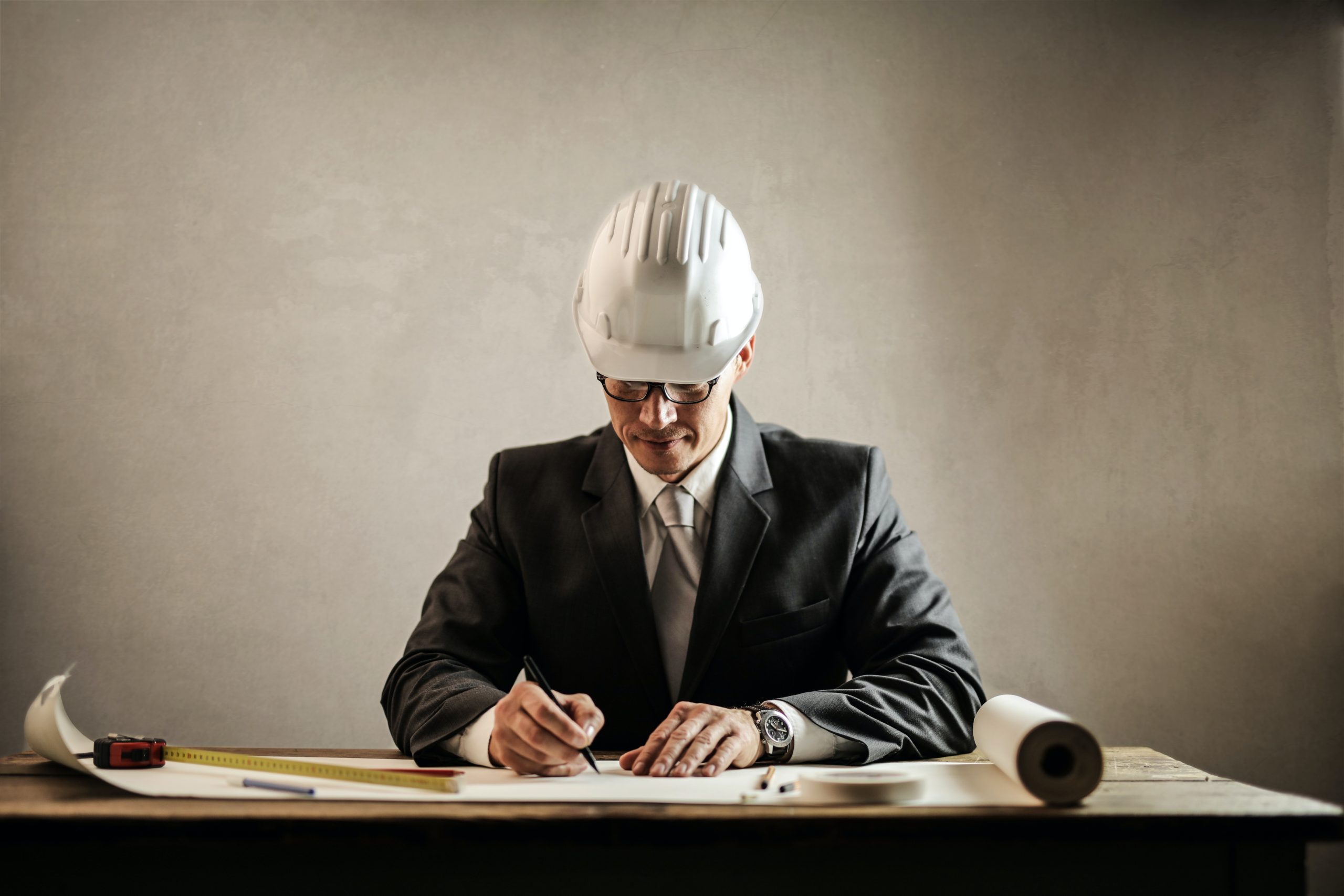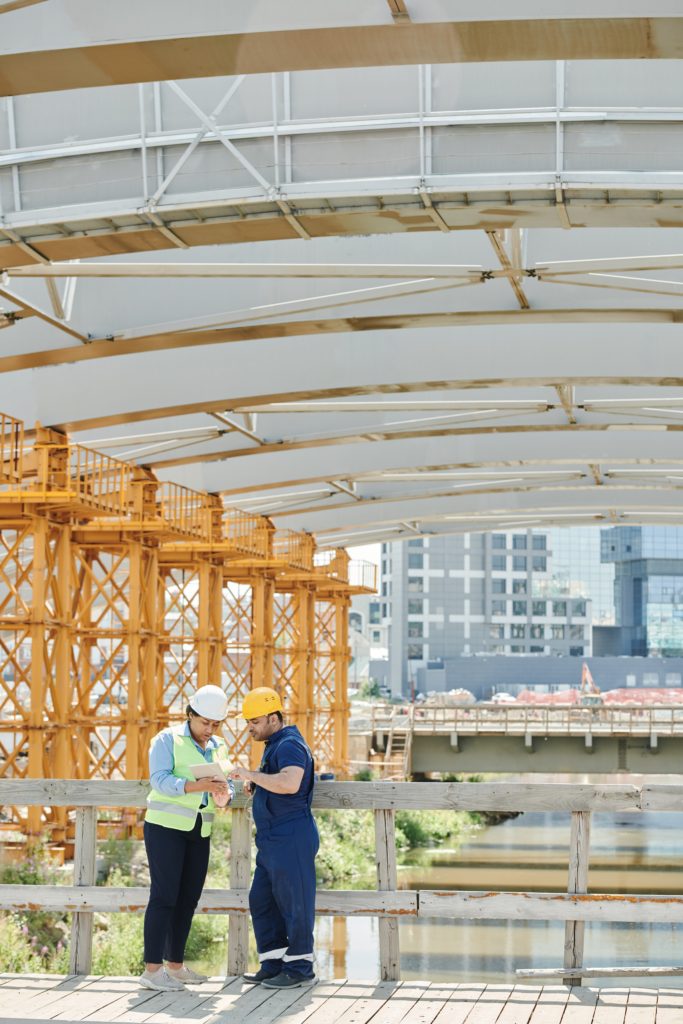
One common misconception about architects is that they focus on designing fancy buildings: They only provide beautiful and stylish building plans and need not be knowledgeable about construction. In contrast, architects offer creative solutions that are both functional and aesthetically pleasing. They consider the holistic needs of a building, so there is no doubt that an architect should know how to construct a building.
Let’s go through architects’ duties to understand the importance of their know-how in construction in performing their role.
Design the structure of the building
The known task of architects is to create blueprints, which have specifications of a structure’s size, shape, materials, and construction methods. With that demand of providing detailed information, they must know about construction. Architects also can advise clients on energy-efficient materials and cost-saving strategies. For example, they assist in selecting furnishings, fixtures, appliances, and other elements needed.
Moreover, their skills and knowledge help ensure the project stays within budget and meets safety standards. These make their design doable to build and provide solutions for any possible and existing problems.
Collaborate with the people involved in construction

Besides working on their design, architects also collaborate with those involved in a project to nail down its success. It also guarantees that the structure meets all applicable building codes, zoning laws, and safety regulations.
But of course, the collaboration will be smooth if an architect can communicate effectively and efficiently. One’s in-depth construction know-how will serve well for any talks or activities, especially dealing with contractors, suppliers, and other professionals.
Secure permits and approvals from local authorities for construction
Architects must know local building codes and regulations to ensure their project complies with all safety requirements. To do these, they must have a good grasp of project management and technicalities in construction. That way, they can prevent risks and adhere to standards.
At the end of the construction process, an architect is responsible for collecting and filing all documents, such as building permit applications, drawings, and construction contracts, which are collected and filed appropriately.
Supervise any construction and renovation work
Besides the project’s design and quality, having an architect is also practical for a client. This construction expert often serves as a contact person for any client’s questions during and after construction. Additionally, an architect can assist in supervising necessary elements like the following:
- Selecting contractors – An architect can oversee each part of the project and the work of contractors throughout the entire process.
- Understanding a design’s cost – Every building plan or technique has cost implications. An architect can explain and clarify the critical factors for a client to make an informed decision and for developing sustainable projects.
- Inspecting the building periodically – Checking the progress of a construction project during and after construction is a must. And it is something that an architect can offer to guarantee quality control, including maintenance or repairs. They can even present reports and findings to clients or other third parties as required.
In summary
Architects are responsible for guiding a building project from conception and site preparation to completion. It is of utmost importance that they have the expertise in their role in building a construction project. And it is only possible if they also know the basics of constructing a building.